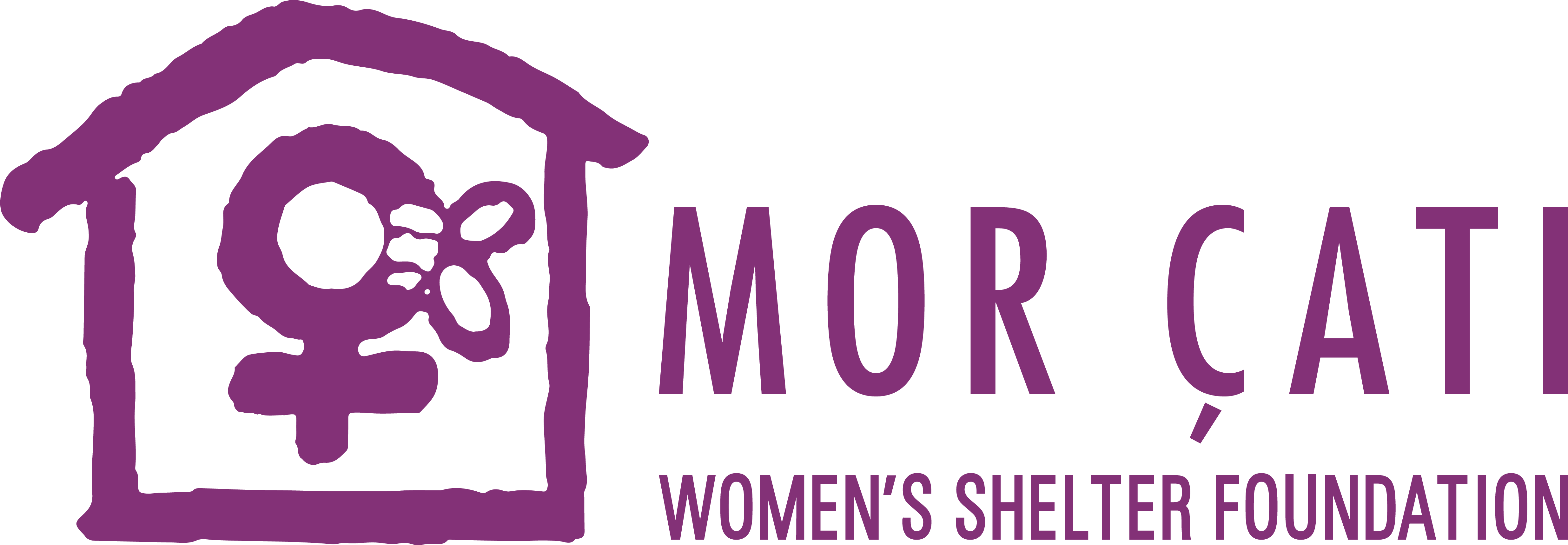Women’s Solidarity
The work against male violence at Mor Çatı is based on feminist methods. Male violence is understood to be rooted in existing inequalities between men and women in society, which must be dismantled by fostering women’s solidarity. As women are being offered support, no decisions are made on their behalf, nor are they pressured into making decisions. They are supported without judgement no matter what they may decide.
- Decisions at Mor Çatı are reached through a collective process.
- There are no hierarchical mechanisms – which involves an effort to prevent our differences from producing hierarchies.
- Roles and responsibilities are rotated in order to prevent knowledge from concentrating in the hands of certain individuals.
- The work rests on a voluntary basis, where volunteers are expected to carry out their responsibilities within their own self-determined boundaries.
- The process is just as important as the end goal itself in making and implementing decisions. We do not take a vote, but rather seek to reach a consensus through debate and discussion.
Our Do’s
Encouraging everybody to speak
Tolerating criticism
Rotating facilitators in meetings
Valuing and voicing our feelings
Our Don’ts
Showing prejudice
Stigmatizing
Judging
Blaming
Discriminating
Looking at who said it rather than what was said
Reaching quick decisions based on partial information
Punishing
Our Communication with Women Applying to Mor Çatı
Our colleagues in direct contact with women subjected to violence must put aside their own value systems and beliefs during these interactions. What is of essence in these meetings is that applicants have suffered violence. At Mor Çatı, nobody believes that any woman has somehow provoked or deserves violence. The aim is to call into question the set of social prejudices and value system propping up violence against women itself. Another point to keep in mind after this initial step is to not interfere with decisions women make about their own lives no matter what these may be. As long as a woman knows the options she has for responding to violence, even if she decides to return to an abusive relationship or environment this time she will be able to resist violence for she is no longer the same woman. What is important here is how far she has come in her personal empowerment.
The first contact with women seeking counseling from Mor Çatı is generally on the phone. Mor Çatı’s phone number is easily accessible online and through the Unknown Number service. We also sometimes witness referrals to Mor Çatı by public institutions such as police stations or district governor’s offices. Women reaching Mor Çatı’s address online, on social media, through brochures, a friend, or on the press may also turn up at the center without calling beforehand. Following a one-on-one in-person meeting, we sit with women to review their options together. Women may choose to continue receiving psychological, social and legal support from our solidarity center just as they may be referred to a shelter upon their own request.
